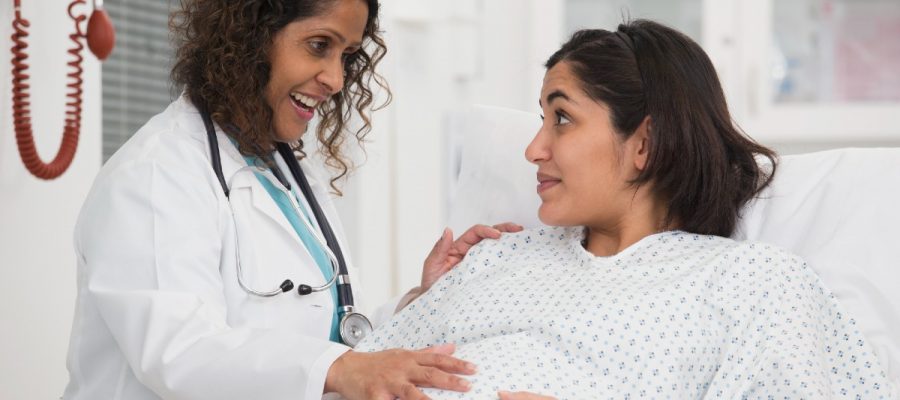The COVID-19 pandemic added unprecedented levels of stress to an already-strained provider community – leading to high rates of burnout and waves of resignation.
At the same time, notes Fran Ayalasomayajula, president of the social impact organization REACH, it’s important to acknowledge another pervasive problem in the healthcare industry: the so-called empathy gap.
“There is a big opportunity that exists for institutions and practitioners,” said Fran Ayalasomayajula, who will discuss strategies to improve empathy this month at HIMSS22, in an interview with Healthcare IT News.
“When we think about social determinants of health,” added Ayalasomayajula, “one that gets less spoken to is the clinician care.”
Studies have shown that clinical empathy can lower patient anxiety and distress and improve clinical outcomes, in addition to contributing to less depression on the providers’ side.
The issue goes beyond one-on-one doctor-patient interactions, however. Ayalasomayajula notes that the entire healthcare system can play a role in making the patient feel cared for.
“It’s equally about how the person who picks up the phone to schedule your appointment is interacting with you,” she said. “What [a health system is] doing in terms of their advertising and the message they’re sending to communities; how they show up in those communities.”
“Every touch point is an opportunity for an institution to show up empathetically,” she added.
At HIMSS22, Ayalasomayajula will share how her team explored a cost-effective strategy for determining individuals’ attitudes toward their treatment across multiple conditions, including pregnancy and COVID-19.
Using publicly accessible social media platforms – including associations and groups – REACH and its partners at Ipsos Healthcare Advisory Services monitored key terms, along with related phrases expressing emotions like disbelief or discontent.
Clinicians and other stakeholders could use those insights, in turn, to prepare for a range of ways patients may present themselves emotionally.
“It goes back to that expressive and responsive empathy,” said Ayalasomayajula.
Ayalasomayajula also points out that being aware of one’s own emotions is also key – particularly, again, when one considers the ongoing strain from COVID-19.
“A calm, cool collected clinician is a calm, cool collected patient,” she said. At the same time, she continued, “Practitioners are people too – and if they have nothing more to give for themselves, it makes it difficult for them to give to others.”
With that in mind, Ayalasomayajula emphasizes this is not about blaming or shaming providers – the empathy gap is an industry-wide concern.
“Don’t blame it on your physicians when you’re creating an institution that doesn’t allot for them to have time to sit down and talk with their patients,” she said.
Ayalasomayajula, along with Ipsos Healthcare Advisory Services Principal Alexis Anderson, will discuss more in their panel, “Closing the Empathy Gap Through Data Mining.” It’s scheduled for Thursday, March 17, from 4-5 p.m. in Orange County Convention Center WF4.
Kat Jercich is senior editor of Healthcare IT News.
Twitter: @kjercich
Email: [email protected]
Healthcare IT News is a HIMSS Media publication.
Source: Read Full Article
